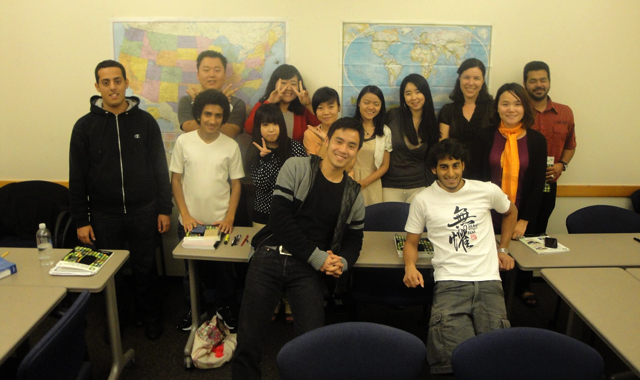By Kelly Robart and Karine Manoukian, ESL Instructors from San Jose State University
When our students heard they would be posting blog entries to a local media organization (KQED), they were very excited. Most had some experience with blogs – either reading or writing, but none had ever written for an English language blog – especially one so public. They liked the idea of being reporters, which added a certain charge to the assignment. The final result — posting for an audience outside of their classroom and having their posts read widely, gave students a great sense of purpose as well as accomplishment and pride.
From our point of view as teachers, the blog was and continues to be a rich teaching resource. In addition to the language skills which we need to teach, the blog fosters critical thinking and a sharing of perspectives among students. They were able to learn about students from other colleges, their interests and concerns, and also to explore together the idea of credible sources. This idea was new for some and not so new for others. One student, from a country with heavy state control over media, was able to share with his classmates his strategy for getting accurate news. Other students talked about how their news habits have changed since they moved here from their countries. While students clearly continue to follow news from their native country in their native language, they also explore different websites and news sources here. The great thing about this conversation is that continues to grow in breadth and depth.
Currently, the students enjoy logging in each week to read new blog posts from around the San Francisco Bay Area and they are excited to be part of a larger ESL community.
About the project
This fall, KQED Education launched the ESL Mobile News Blog. It reaches out to ESL educators to help us explore how ESL students engage with news. How do students who have moved here from different cultures connect with news? Interestingly, many of the ESL educators we asked were not sure of the answer since the demographic is so diverse and complex.
